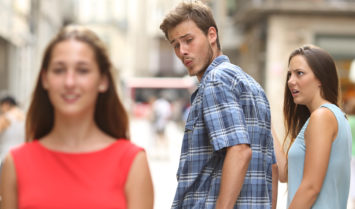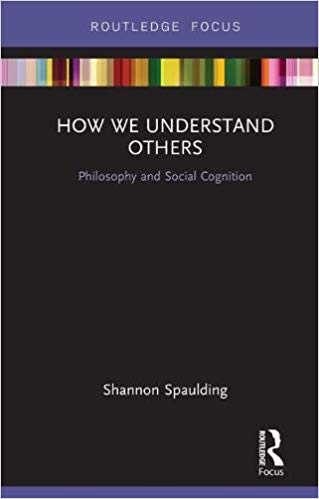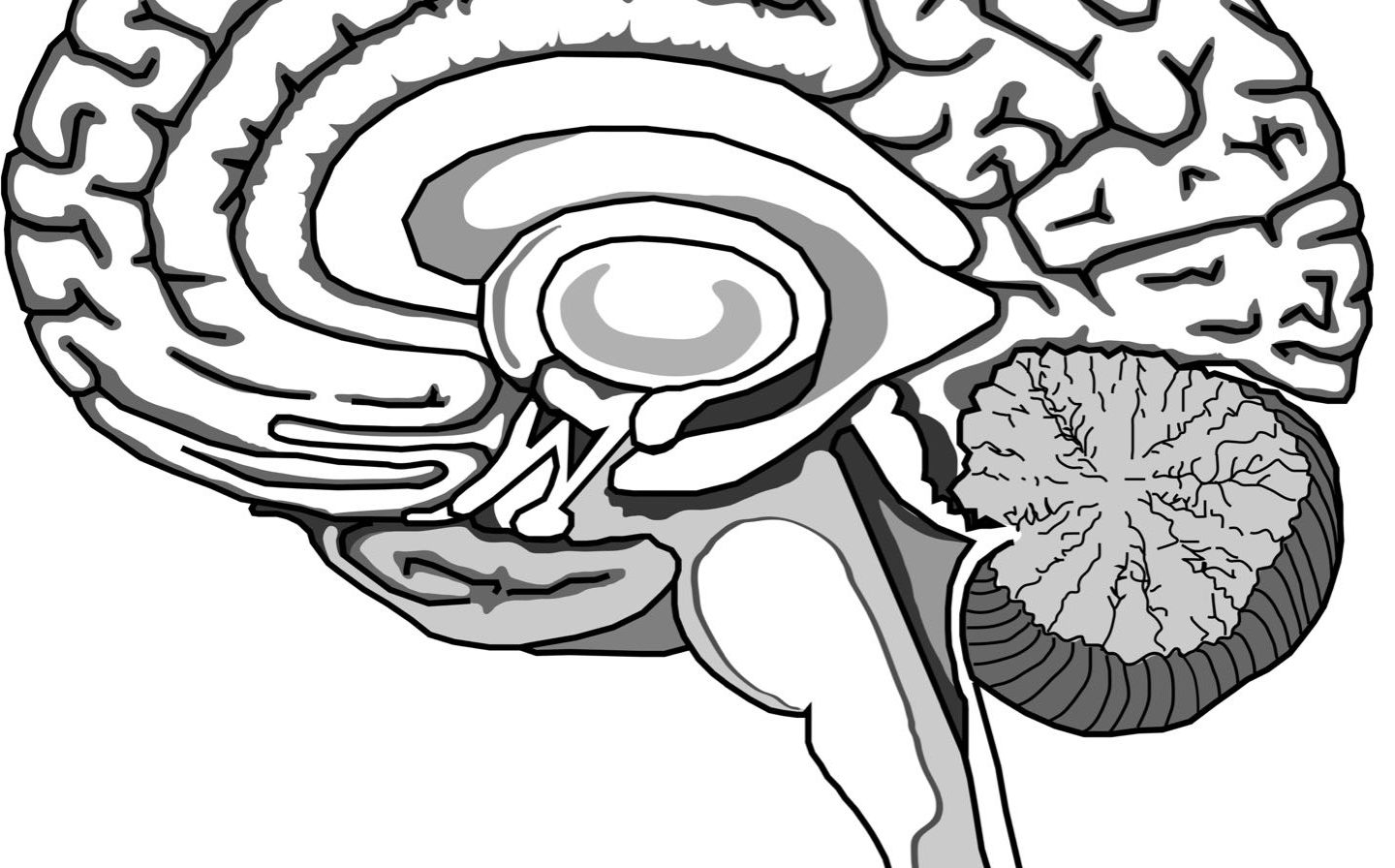The Experimental Philosophy Research Group at Florida State University, which is co-directed by David Rose, Mike Bishop, Jack Justus, Al Mele, and yours truly, has a new website, including links to a number of resources that could be useful to those starting out in the field. For more information, visit https://xphi.philosophy.fsu.edu/.
A Broader Conception of Mindreading
In the previous two posts, I examined challenges to the view that we regularly attribute mental states to others and explain and predict their behavior. Although these challenges do not show that mindreading is a rarely used or relatively unimportant tool, they do highlight how limited the ordinary conception of …






